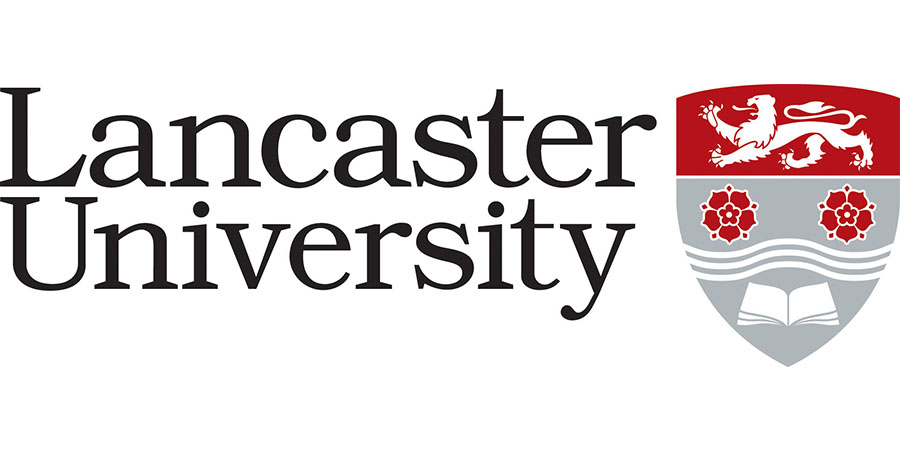PhD Studentship - Multi-modal Approaches to Detecting AI-generated Video
Lancaster University - Psychology and Linguistics
| Qualification Type: | PhD |
|---|---|
| Location: | Lancaster |
| Funding for: | UK Students |
| Funding amount: | £20,780 - please see advert |
| Hours: | Full Time |
| Placed On: | 19th June 2025 |
|---|---|
| Closes: | 18th July 2025 |
The increasing realism of AI-generated videos has created a rapid uptick in their use in online scams. Martin Lewis, Zoe Ball, and Naga Munchetty have all recently “featured” in deepfake videos promoting fraudulent cryptocurrency and investment opportunities, whilst engineering giant Arup was defrauded of £20m through an elaborate deepfake video call supposedly from the Global CFO to a Hong Kong employee. This realism and the accessibility of tools to create such content has widened the threat landscape. Ordinary people are more vulnerable than ever. Despite this, there is limited research examining the detection of real versus AI videos. The focus has been from single disciplines (e.g., Masood et al., 2022), and typically technical in nature.
By drawing on multiple modalities within video (i.e., visual, audio, content), we propose to identify novel ways of mitigating the current and future harms of nefarious AI-generated video.
We are seeking to recruit a curious and highly motivated PhD student to work with Dr Sophie Nightingale (Psychology), Dr George Brown (Linguistics), and Professor Claire Hardaker (Linguistics) to add to the evidence base needed to design and develop approaches to mitigate the harmful effects of deepfakes on ordinary people. You will draw on methods from psychology, linguistics, data science, and computer science, such as behavioural analytics, neuroimaging, face and voice biometrics, making this opportunity an ideal fit for someone with psychological, linguistic, and computational experience. You will have the opportunity to work with stakeholders and collaborate with world-leading labs across the globe.
The PhD candidate must have a first or upper second-class Undergraduate honours degree or Masters in a discipline relevant to the project. While we expect that this project would suit graduates from a psychology or linguistics background, we are keen to receive applications from a wide range of backgrounds that might enhance the project. The technical demands of the expected work may suit applicants from a mathematics, computer science, or data science background. A demonstrable understanding of, and passion for, psychological research is essential. Candidates should be able to demonstrate a good appreciation of generative AI, especially with respect to its use in video creation.
This PhD studentship is fully funded for up to 3.5 years with a tax-free studentship stipend of £20,780, along with paid tuition fees, subject to satisfactory progress. A budget for training and attending conferences will be provided. Due to tuition fee restrictions, these positions are only available to applicants who are eligible for UK fee status (see https://www.lancaster.ac.uk/study/fees-and-funding/fee-status/ for further details).
How to apply (there are 2 elements to the process): Please apply though the official University process—instructions can be found at the Lancaster University Admission Portal. Please also submit your application materials via this Qualtrics form. Applications must be submitted by the 18th July 2025.
A list of materials you will need:
- Two-page CV
- Names and contact details of two referees (one must be academic).
- In place of a Research Proposal on the Lancaster University application, you may submit a copy of this advertisement
- One-page personal statement which demonstrates the applicant’s
- relevant research experience
- motivation for choosing a PhD project examining multi-modal approaches to detecting AI-generated video
- readiness for a PhD studentship
For informal enquiries about the project contact Sophie Nightingale (s.nightingale1@lancaster.ac.uk).
Studentship start date: 1 October 2025
Advert information
Type / Role:
Subject Area(s):
Location(s):









